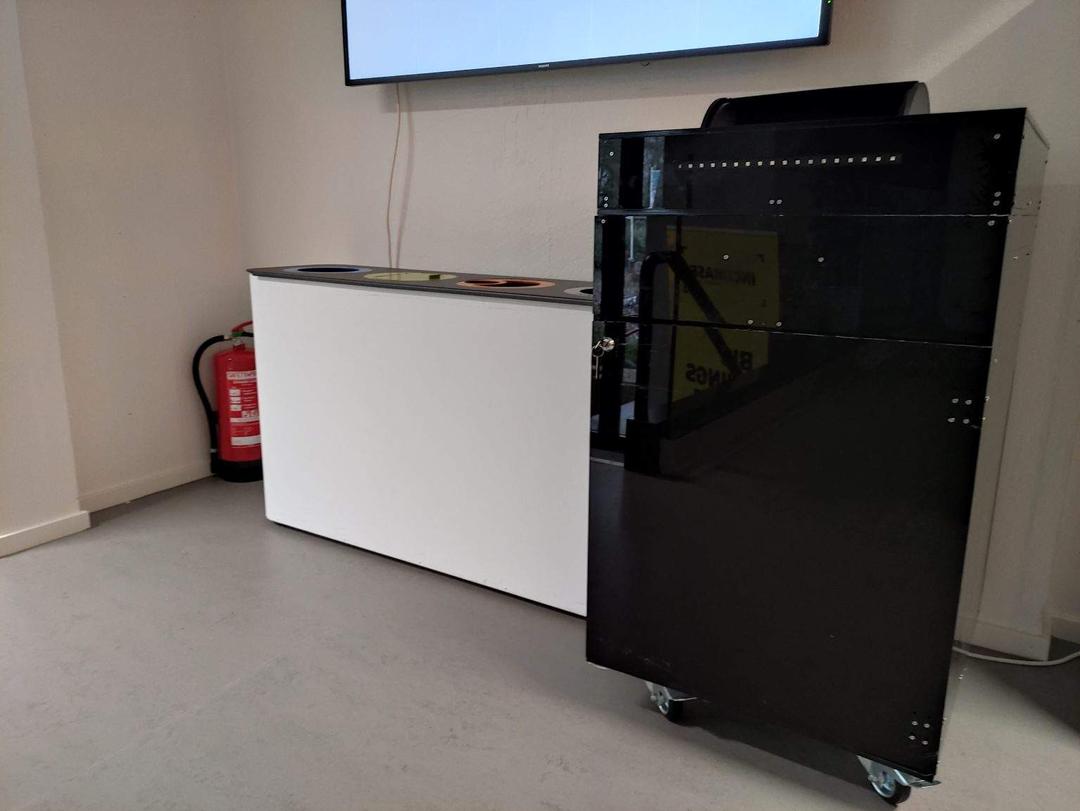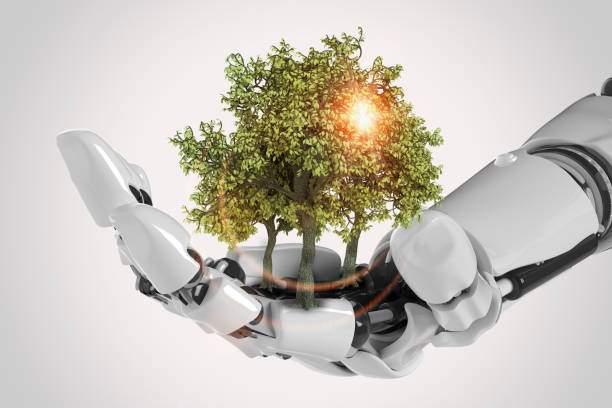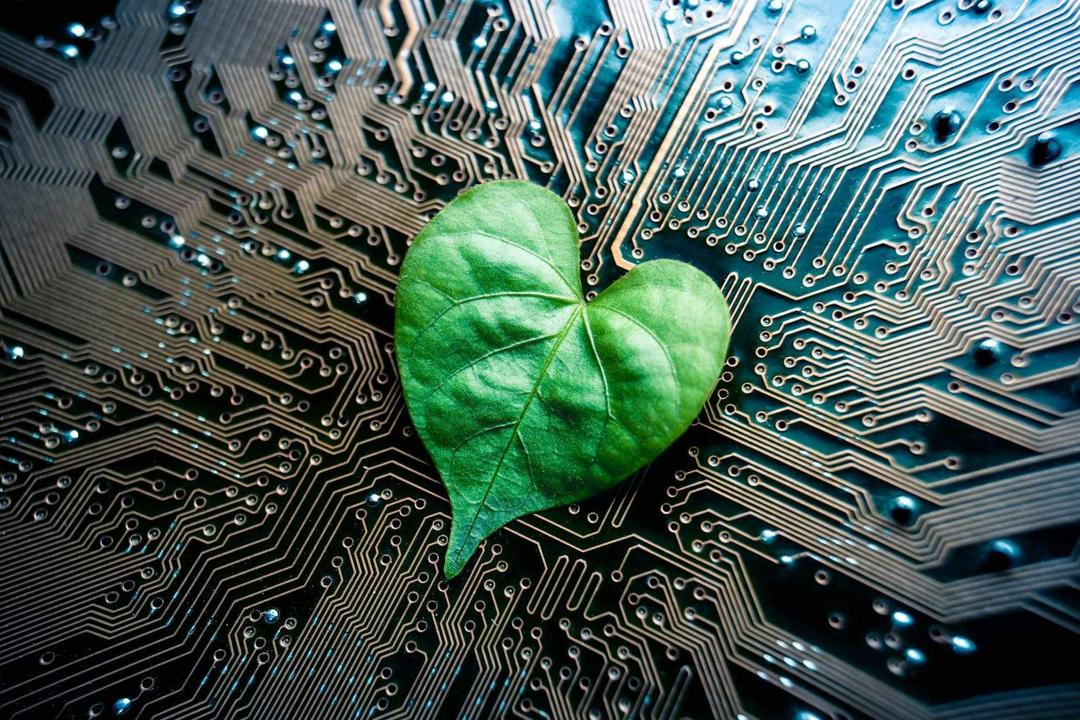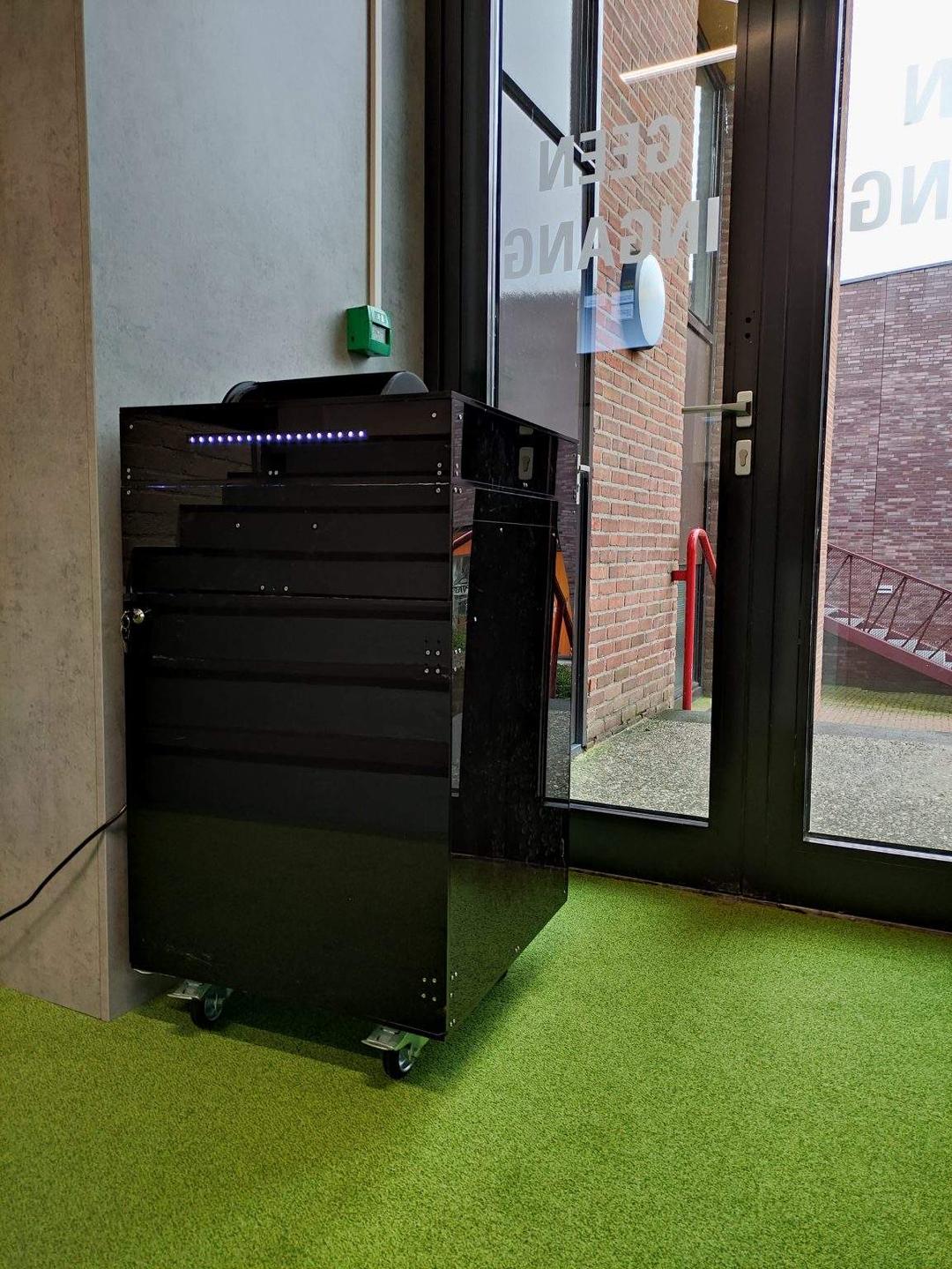Can Robots Help In The Waste Industry?
An Insight On Robots, Artificial Intelligence & Waste Management
17 October 2022, By Ali Mahfudh Mohamed J
Estimated time to read: 19 minutes

The strain on our planet's resources increases as the population of the world rises from 3 billion in 1960 to 7 billion in 2022. This is more than double the size of the population in terms of its growth increase. The world is just evermore growing and this is the main reason why we should all take care of our waste and discover more about new and simple ways to deal with it.
Recycling is a sustainable practice that helps all businesses, as well as, individuals lessen their influence on the environment and make a positive impact.
As the market for recycled materials expands, so does the importance of labour in terms of sorting and processing recyclables.
The global waste recycling services market is furthermore growing each year as experts predict the forecast to be valued at $81 billion by the year 2028. This would represent a 5.2% growth from the current value estimated today at $56 billion.
These statistics already prove that the demand for waste firms, regarding waste management and recycling or sorting waste, will increase as the years progress.
Robots that sort trash offer some relief, thankfully. These droids can relieve part of the workload from human workers by employing artificial intelligence to identify recyclable materials and automatically sort waste on your behalf.
This not only harms the labour scarcity in the waste industry, but also enhances the effectiveness and precision of recycling operations. They can be used by organisations to process more waste and lessen the quantity that ends up in landfills.
Even the beaches and waterways of the planet can be cleaned with AI and robotics. Are you wondering if robots can help the waste industry or probably asking yourself how they respond to the environment? Read on further to find out.
How Can Robots Help In Recycling

The environment is constantly faced with waste and pollution on a daily basis. Every second, individuals and businesses discard solid waste onto our surroundings through the lack of sustainable practices.
Every year, millions of tons of plastic rubbish fall into the world's oceans via polluted urban rivers and industrial waterways.
Usually, it is very common to see people sort waste. In this industry, waste companies are looking for new alternative solutions to continue sorting and recycling waste effectively. This is where robots come into the industry to automate all of the processes and promote efficiency.
There are different robots already present in the waste industry and causing disruptive innovation. Bots that can absorb water pollutants or collect river rubbish have been developed by other corporations.
As you have most likely learnt in our previous blogs, more than 8 billion tons of plastic were generated by humans, more than half of which ended up in landfills. Unfortunately, only 9% of the plastic waste that has ever been produced was recycled.
In China, there was recently a launch of small robot fishes, developed and programmed to eat all micro plastic from the water. These pollution-fighting fish bots could soon eradicate all microplastics out of our ocean bodies.
A sleek AI-enabled robotic boat called Clearbot Neo was created by Open Ocean Engineering to automatically gather tons of floating trash that would otherwise wash into the Pacific from the busy harbour of the territory.
The Netherlands has also benefited from robots currently competing for the most lucrative share in the Dutch market. Garby is our highly innovative and powerful automatic waste sorting bin that can sort all types of solid waste for you, quickly and efficiently.
Garcia is a smart waste detector which automatically tells you what type of waste you are discarding by simply having a quick look.
Although these robots might not appear as futuristic as those in old sci-fi movies, they have shown to be efficient in all situations, particularly in automatically sorting waste and recycling.
Now that you have seen different scenarios and cases of robots helping firms solve their waste management problems through the means of recycling, let's now take a further look at the benefits of robots in the environment. Are they any good to our surroundings?
How robots can help the environment

Robots can do everything. They can plant trees 10 times quicker than people can to monitor plant growth in poor weather. Carbon emissions are decreased by everyone, from those who can keep an eye on coral reefs to those who can eradicate exotic species and even those who walk into sewers.
Particularly important are those robots used to alleviate air pollution, which according to the World Health Organisation, kills seven million people around the world every year and leaves 90 percent of the global population breathing unhealthy air.
Similarly, as air pollution is a major issue in Greece, equipped drones were tested there in 2019. The sensors on the drones allowed for a more thorough examination of variables like air temperature, atmospheric pressure, humidity, and levels of different gases, including carbon monoxide and carbon dioxide. This was in contrast to previous air-quality assessments performed by people on the ground.
A new waste management and recycling program in Tilos started in December with a company called Polygreen. The municipal waste recycling rate has since reached 86%. The local authority removed all public dustbins. Tilos became the first island in the world to stop landfilling waste.
How Can Artificial Intelligence (AI) Be Used In Waste Management?

The 21st century is seeing a rise in trends, one of which is Artificial Intelligence (AI). Every area of our life involves AI activities. For instance, AI technology is used in the advertising sector to provide consumers with individualised recommendations. AI is also helpful in the healthcare sector because it offers a better way to categorise clinical paperwork and better patient outcomes. AI for trash management is a perfect combination, just like these two sectors! AI solutions are efficient and effective in the waste management sector. Now let's discuss its functionality and contribution to waste management. Businesses can fully optimise their waste management processes with AI-based robots. For instance, food waste is a major problem for the entire world. Did you realise that every year, 1.3 billion tons of food are wasted before they even reach the refrigerators of consumers? By recognizing and weighing the amount of food waste, AI-based technologies assist businesses in preventing the development of these enormous volumes of waste, become sustainable and tackle their waste management problems.
The Benefits Of Waste Sorting Robots

It might be challenging to determine which specific material class waste items belong to when they are mixed together.
This is particularly beneficial since its computer vision powered by Artificial Intelligence (AI) can perform this task just as well as the human eye.
AI technology is utilised to identify recyclable waste with accuracy comparable to a hand picker thanks to proprietary algorithms that take into account the wide range of potential recyclable materials available.
Utilising cutting-edge robots in the waste management sector has a number of advantages. Waste sorting robotics can provide, in particular:
- Reduced Retention Rates & Staff Costs
Using robots equipped with AI, alongside a human, will enable businesses to manage their staff costs and further increase their profit margins. - Enhances Efficiency
Robotics for garbage management typically operates more quickly than humans do on a consistent basis.
AI waste sorting robots demonstrate precisely how much recycling automation can boost productivity and increase efficiency by delivering 33,000 picks from mixed debris in just 10 hours. - Increases Performance
Technology allows businesses to reduce costs in waste management due to its high rate of accuracy. Waste sorting robotics improves accuracy and traceability of materials for recycling when materials are recognized, selected, and sorted by AI-driven computer vision. - Improves Transparency
Transparency and traceability are required for effective waste management. This calls for the implementation of procedures that help you keep an eye on and track where and how waste materials are handled and sorted. - Enables businesses to improve planning
When you're relying on human workers, there are always certain factors that need to be considered, particularly when labour shortages are making it difficult to find permanent staff. If you have on-site robotic picking and sorting solutions, you can be confident that you'll always have the resources you need to work at optimal efficiency rates.
Final Thoughts
Innovative and industrial waste processes are getting automated today. What makes waste sorting robots different?
Many people don't realise how simple sorting waste for recycling actually is through the use of robots.
Robots are beneficial for all businesses, as well as, the environment due to its use of technology and artificial intelligence when classifying and sorting all types of residual waste.
Despite the environment, robots can also be good for our economy as research and previous cases have shown robots increasing job opportunities in different countries through its demand for employment, let alone in the waste industry.
PLAEX Technologies provides enhanced waste processing robots that automatically sorts waste and recycles.
How would you like to be part of the change to a more sustainable future? Remember, it is not complex, it's PLAEX.